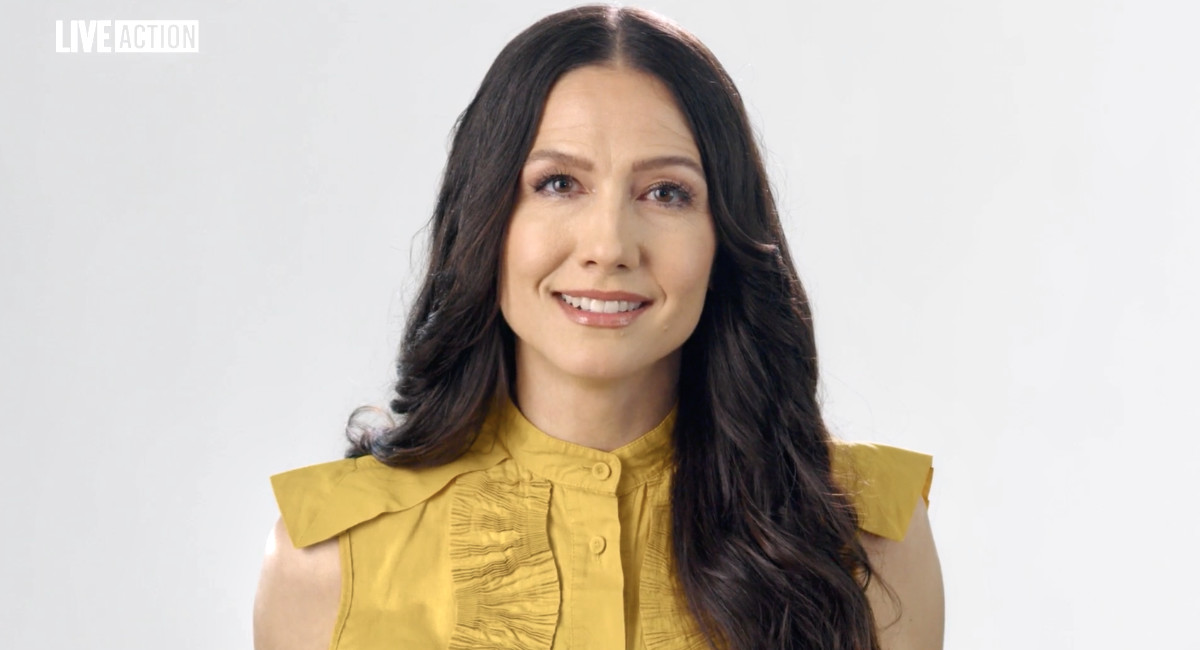Live Action’s latest video in its “Pro-life Replies” series takes a look at the process of in vitro fertilization (IVF) and the common (but erroneous) belief that the process is “pro-life.”
In the video, Dr. Lauren Rubal, a board-certified OB/GYN and integrative medicine physician with a subspecialty in reproductive endocrinology and infertility, discusses the main points about IVF, including how it is carried out and why she decided to stop offering it to her patients.
“[A]s I practiced the daily tasks of my profession, I was haunted by troubling moral questions that didn’t square with the objective of my work — to heal,” she explained. “Infertility is a unique and profound suffering, and its end goal — a child — is always good. But is IVF the perfect solution it’s been depicted as? Let’s talk about the significant ethical, medical, and cultural issues with IVF.”
Rubal explains the IVF process and discusses how, at fertilization, a new unique human being is created and is in his or her earliest stages of development. Once created in a lab, the human embryos will be either transferred to a woman’s uterus, flash frozen and stored, or destroyed.
“A recent study showed that the number of embryos needed to optimize cumulative live birth rates was nine,” said Rubal. “This means that up to eight embryos may not survive or will be frozen or destroyed. So effectively, you are choosing the death of nine to get the life of one. Even though you have good intentions — you just want life — you’re also choosing all of the consequences that follow.” Because of that choice for death for the remaining embryos, IVF is not a choice for life.
Another moral issue Rubal found is the suspension of life that exists for the nearly 1.5 million embryos believed to be currently frozen in the U.S. This process treats these children like property — commodities.
IVF also brings potential health risks for both women and children. According to the video, women who undergo IVF have two times the risk of life-threatening pregnancy complications, and a 26% increased risk of preterm birth. The children conceived through IVF who survive to birth have, according to the sources utilized in the video, a 40% increased chance of birth defects and about double the chance of having autism.
Rupal states that instead of IVF, restorative reproductive medicine works to heal the whole person to find the causes of infertility and work to heal them.







